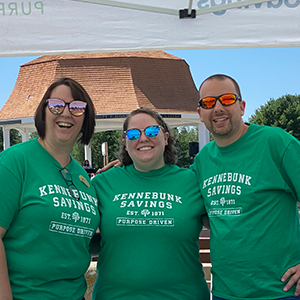
You’ve found a home you adore and you’ve submitted your loan application. Next, your mortgage lender tells you your application is heading to underwriting. Underwriting? It sounds official, and maybe a little mysterious. So, what exactly is mortgage underwriting?
During the mortgage underwriting process an underwriter evaluates the risk you, the borrower, pose to the lender on a real estate transaction. In short, it’s the underwriter’s job to determine whether you can afford the mortgage.
Evaluating the Borrowers: The 3 C’s of Underwriting
There are 3 criteria an underwriter will use to evaluate the likelihood that you will be able to pay your mortgage each month: credit, capacity and collateral.
Credit. The underwriter will review your credit history to understand how you’ve dealt with debt in the past. By looking at your credit score and pulling your credit report from the three credit bureaus, the underwriter gets a sense of your financial behavior in regards to debt.
Capacity. Capacity refers to the amount of money you can borrow. To evaluate this, an underwriter looks at what your ability (as the borrower) is to pay the mortgage each month. This includes your debt-to-income ratio, which can be calculated by dividing your monthly debt payments by your gross monthly income. The lower your debt-to-income ratio, the better your chances are of getting the loan. The underwriter also looks at your cash reserves, verifies your employment, and looks at your account balances.
Collateral. In addition to making sure you can afford the loan, the underwriter also has to ensure that the value of the home being purchased aligns with the purchase price. If the home is worth significantly less than the purchase price, the bank could lose money in the event that as the borrower, you default on the loan. To determine the value of the home and property, the bank orders an appraisal at the onset of the mortgage application process. In addition, a title examination must also be completed to ensure the home is free of any liens.
How Long Does Underwriting Take?
The actual underwriting process can take anywhere from a few hours to several days. The more complex your financial situation, the longer the underwriting process may take. Waiting for the home appraisal often slows the process down a bit—it can take between three and four weeks for the appraisal to be completed.
Common Hiccups in the Underwriting Process
Like most homebuyers, you’re hoping for a smooth, swift sale, but sometimes issues come up during the underwriting process. For instance, receiving a lower than expected appraisal or uncovering issues with the title can add to the overall timeline. While you as the homebuyer have little control over low appraisals or title problems, the best way for you to keep the process on track is to return or provide necessary documents as quickly as possible.
The Advantage of Going Local
One of the benefits of borrowing from a local bank is that the employees are familiar with the quirks of the local real estate market. Underwriters at larger financial institution may be located in a completely different region of the country. By contrast, a local lender is more likely to understand your neighborhood and the sales history of the property you want to buy. This familiarity provides an opportunity to advocate on your behalf when unique situations arise. What’s more, a local lender can be available to meet with you to answer questions. That way you can stay on track to buying your new home.


